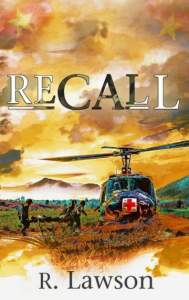
The Vietnam War remains one of the most controversial and tumultuous times in American history, leaving a shadowy legacy that affects politics, culture, entertainment and art to this day. Author R. Lawson takes readers back into those confusing times in his new novel, Recall, which falls into the historical fiction genre, but is also deeply influenced by his own experiences in the war.
As with many novels and films about this period in history, the human element is the most engaging and heartbreaking aspect of the story, as readers are shown the devastating effects that war can have on a bright, vibrant and hopeful soul. The core characters of this novel are four old friends who used to play football back in high school. Through the unexpected nature of life, each of them eventually finds themselves in the unforgiving landscape of Vietnam in some way, suffering through and witnessing the horrors that defined a generation and changed America’s vision of war.
By showing the war from different perspectives – through the eyes of characters with very different personalities – Lawson provides a gritty and unapologetic look at the events before, during, and after the conflict, with the homecoming sequences being some of the most moving and poignant. The author presents hard facts and figures about those who served in the conflict, providing a foundation of reality for this fictional history.
Lawson humanizes the cold statistics that are so casually thrown around regarding Vietnam, and he thoroughly develops each of his characters to be sympathetic and believable. The descriptions of firefights and rainforests are just as vivid as the scenes of protest, civil disobedience and counter-culture movements back in America. By presenting such a long chunk of history, readers get a comprehensive view of this conflict.
It is vital to look at any seminal point in history within its proper context – socially, culturally and geopolitically – and Lawson does an excellent job of not cherry-picking events and moments to strengthen his argument, instead presenting hard truths. Lawson’s feelings about his service are mixed, to say the least, as is true of millions of Vietnam vets, and he doesn’t shy away from presenting the complex emotions he has wrestled with for more than 50 years.
The writing is generally clean and well edited, although the sentences are at times choppy and short. The historical exposition is woven smoothly within the narrative, and Lawson’s military service lends an air of authenticity to every detail. Most of the dialogue feels organic, particularly the chatter between soldiers in the field, but there are a few scenes that feel stilted or awkward, where the author uses dialogue purely to further an idea or theme. Within such a heartfelt and well-crafted book, these small technical issues are easy to overlook, particularly when the overall effect of Lawson’s writing is so powerful.
One may be led to think that this novel is treading ground that has already been widely covered in other media, but first-hand insight from such a talented author is not as common and most definitely worth the read, as Lawson has crafted a harrowing, gripping, and important work about Vietnam and its aftermath.
Book Links
STAR RATING
Design
Content
Editing
Get an Editorial Review | Get Amazon Sales & Reviews | Get Edited | Publish Your Book | Enter the SPR Book Awards | Other Marketing Services



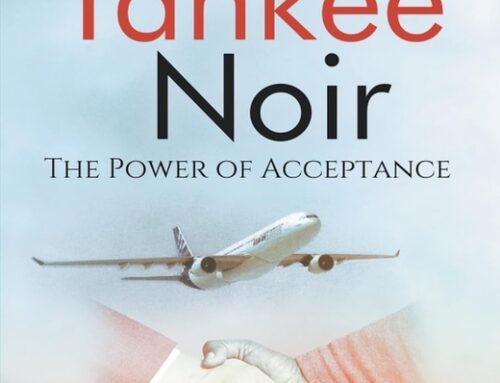
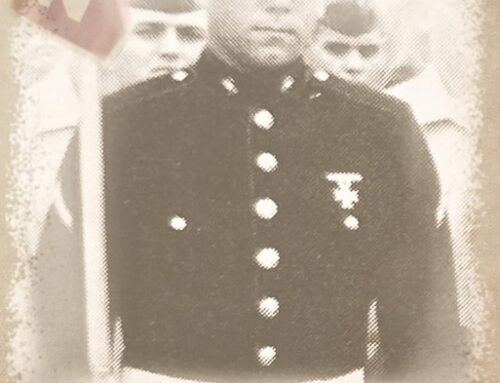



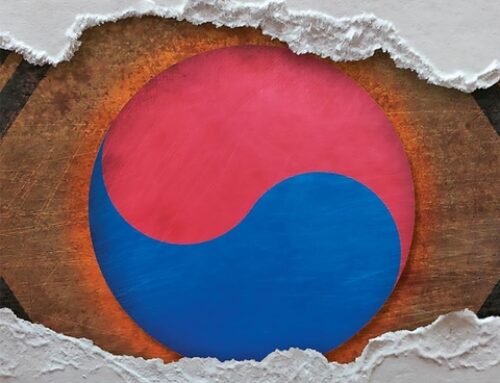


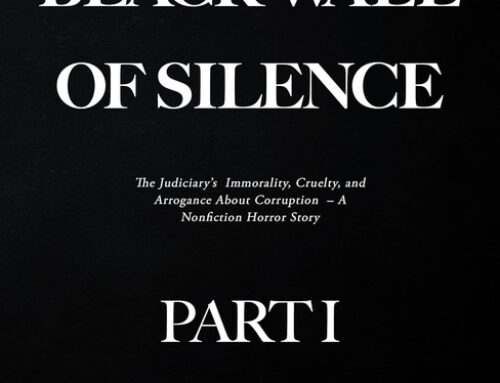











Leave A Comment